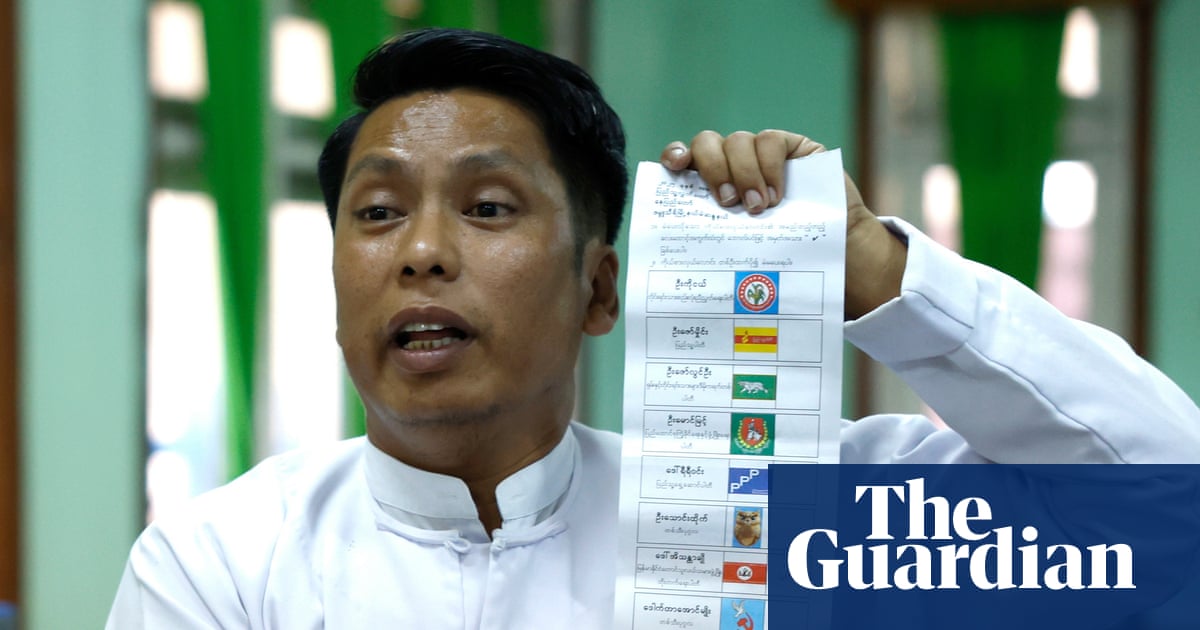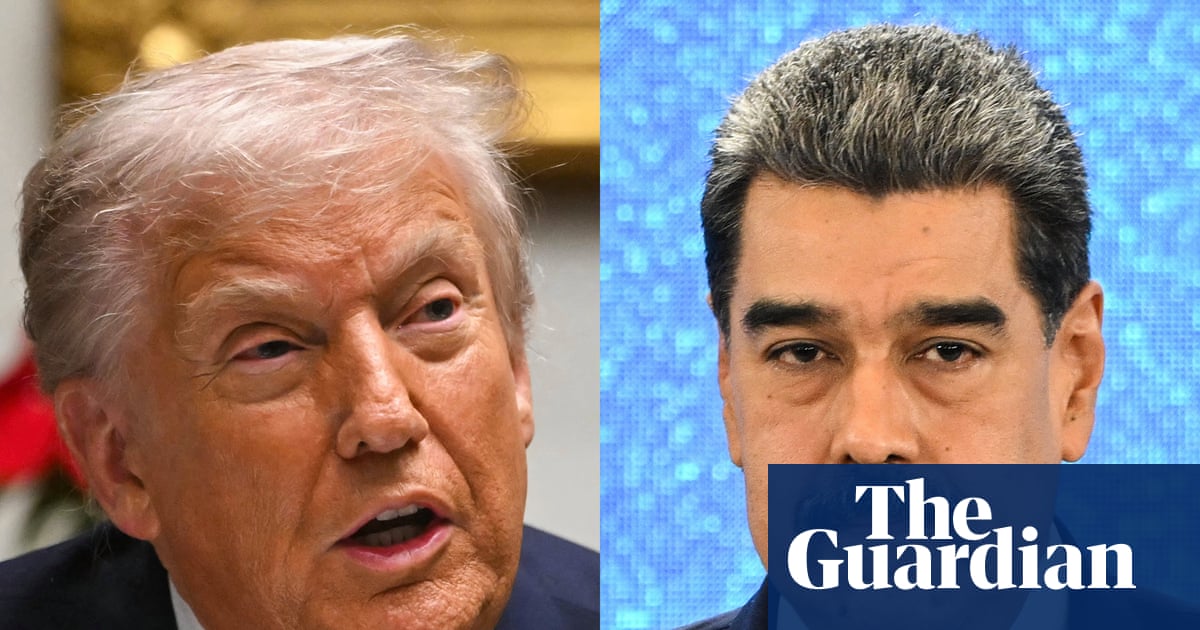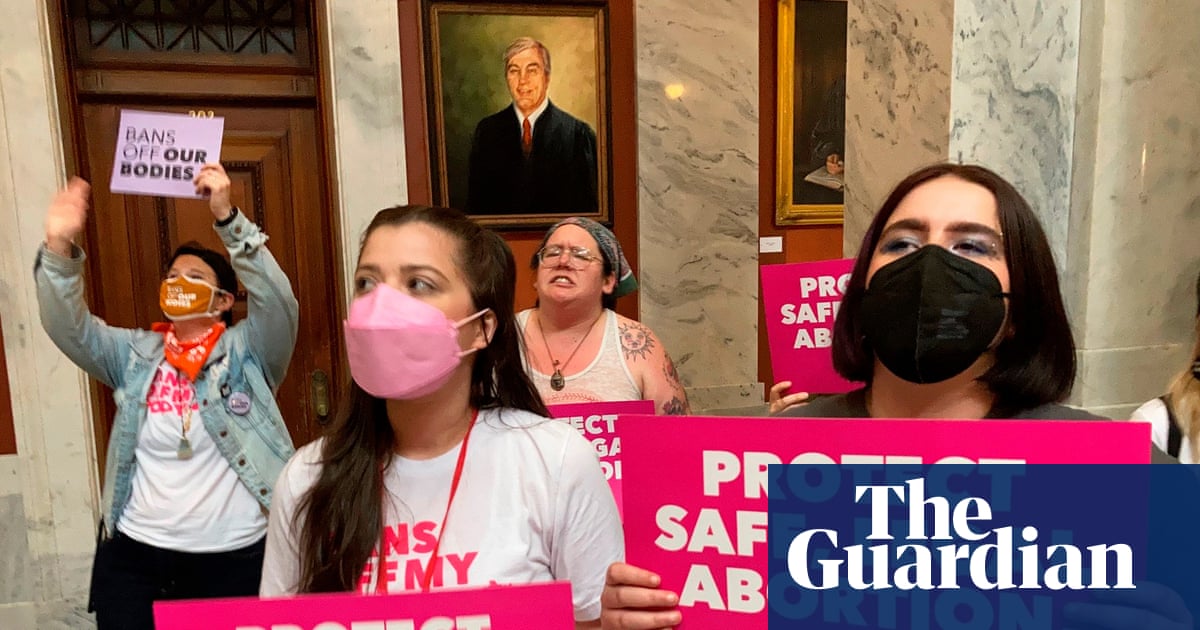Peter Mandelson was not subject to in-depth security vetting prior to his appointment as ambassador to Washington, the government has said.
The Cabinet Office conducted a due diligence process on Mandelson before he was chosen for the role but this was not a security check, the Foreign Office said in a letter to MPs.
Mandelson went through the ambassadorial appointment process, including in-depth national security vetting, only after his appointment had been announced to the public.
The disclosure, made by the foreign secretary, Yvette Cooper, and the department’s top official, Oliver Robbins, raises further questions about the lack of rigour involved in Mandelson’s appointment to the top diplomatic post earlier this year.
Cooper and Robbins were responding to a set of written questions from the foreign affairs select committee. They said their department had not been asked to contribute to the due diligence process that the Cabinet Office’s propriety and ethics team carried out before Mandelson was given the job.
They said that Mandelson underwent full developed vetting to the “usual standard” after his appointment was announced and had been given clearance by the time he took up the role in Washington on 10 February.
Emily Thornberry, the committee’s Labour chair, asked whether those vetting Mandelson had been told to “overlook” the “glaring national security and reputational risk” he posed.
“Did the Cabinet Office miss the glaring red flag of Lord Mandelson’s relationship with Epstein, or did it fail to pass those concerns on?” she asked during a three-hour Commons debate on Mandelson’s appointment.
Thornberry argued that the scandal could have been avoided if her committee had been allowed to question Mandelson before he was appointed, a request that was turned down by the Foreign Office.
The former business secretary and architect of New Labour was sacked last week after a tranche of emails were published in which he expressed love and support for Epstein and urged him to “fight for early release” in 2008 while the financier was facing charges for soliciting sex from minors.
Keir Starmer, who had faced questions about his judgment in choosing Mandelson and giving him his full support a day before sacking him, said on Monday: “Had I known then what I know now, I’d have never appointed him.”
Stephen Doughty, a Foreign Office minister, argued on Tuesday that had the full extent of Mandelson’s friendship with Epstein been known, he would have not held a string of other high-profile roles.
“If the full depth and extent of this relationship had been so obvious I hardly think that Lord Mandelson would have been one of the leading candidates to become chancellor of Oxford University and I highly doubt that he would have been offered the job as presenter on Times Radio,” Doughty told MPs.
“National security vetting is a longstanding formal process undertaken by UK security vetting on behalf of individual departments and reporting back to them. The process is rightfully independent of ministers, who are not informed of any findings other than the final outcome. Exactly the same procedures on that were followed in this case,” Doughty said.
But he said ministers had listened to MPs’ arguments about being allowed to scrutinise future appointees and would consider “all options to support the work of the committee in the future”.
David Davis, a former Conservative cabinet minister, told the Commons that Starmer’s standing on the world stage had been “diminished” by the row. He characterised Mandelson as someone who was “easily dazzled by wealth and glamour” throughout his career and whose association with Epstein showed a “reprehensible attitude” to women.
Davis also detailed Mandelson’s business interests, including his setting up of Global Counsel, a consultancy which he said had acted for “extremely dubious Russian companies” and Chinese firms.
The debate came in the run-up to Donald Trump’s state visit to the UK, which Kemi Badenoch said risked being overshadowed by the row. “It is extraordinary – extraordinary – that on the eve of the president’s state visit, we are talking about the US ambassador who’s been sacked in scandal,” the Tory leader told the Commons.
Badenoch and Ed Davey, the Liberal Democrat leader, both urged Starmer to personally apologise to Epstein’s victims.

 3 months ago
70
3 months ago
70

















































